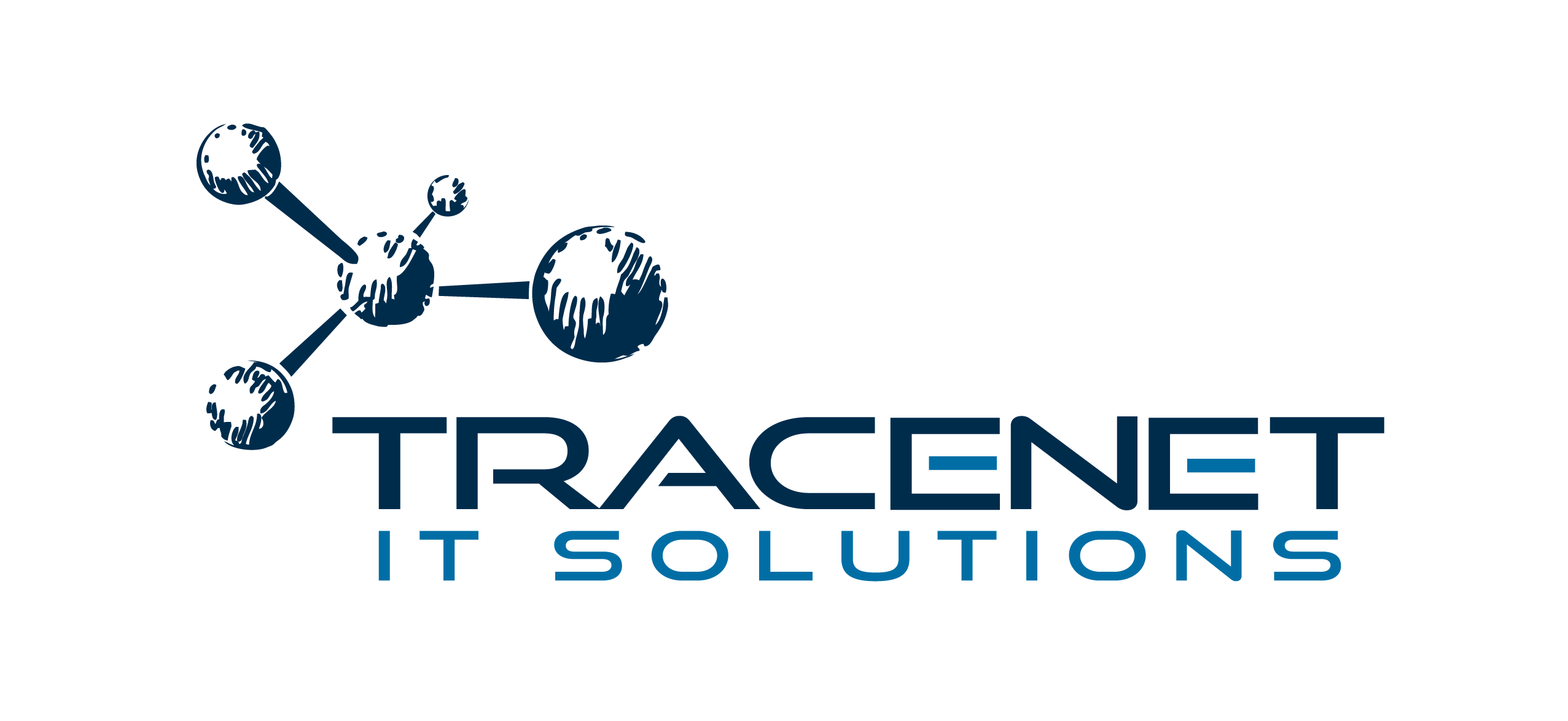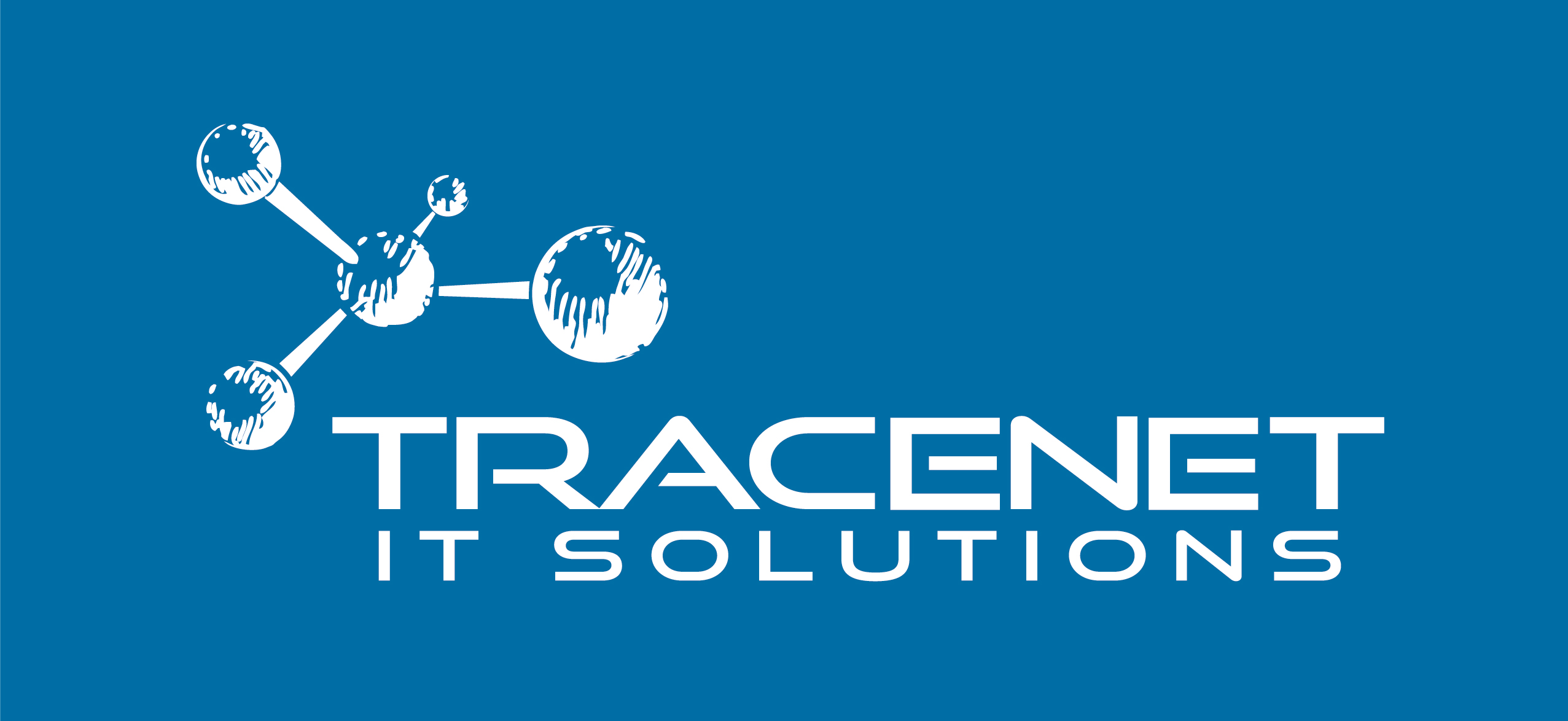Determine what is most valuable to your company
A digital world necessitates reliable internet access. As a result, there is considerable uncertainty over whether private 5G or WiFi is preferable, particularly for businesses. After all, using this connectivity technology is important to ensure efficiency and competitiveness.
Having higher consistency in data transmission and promptly establishing connections now makes all the difference. As a result, consider the benefits and drawbacks of each of these solutions in this article.
Private 5G: find out what it is
Private 5G is a model with lower latency and better bandwidth. Those who prefer to use mobile networks on communication devices would benefit greatly from this technology. A private entity dedicates and operates the network to satisfy specific demands.
Unlike its public counterpart, the private modality seeks to provide exclusive resources to people or organizations. In general, this type of technology, together with industrial IoT and automation, is most commonly used in large-scale places such as stadiums, arenas, and university campuses.
Learn more about WiFi
Without a doubt, one of the most well-known wireless network technologies is WiFi. After all, it is widely used in both residential and professional settings. It was invented in 1997, but it only referred to a collection of specifications that specified a wireless local communication network, or WLAN.
Wireless devices must connect to a router, either directly or indirectly via an access point, for it to function. This sort of access is currently considerably more popular than the 5G model because it is easy to connect to and has higher signal amplitude. Wi-Fi security has recently gotten a lot of attention.
After all, which is better: 5G or WiFi?
There is much uncertainty about which of the two networks to use: private 5G or WiFi. However, it is worth noting that each of them has unique characteristics that must be considered, both positive and bad. As a result, consider the following points and how they may influence your decision.
Pros and cons of 5G
Among the main advantages of private 5G, it is worth mentioning:
- Total control: this technology’s entire infrastructure may be controlled, ensuring customisation by modifying settings in response to developing needs.
- Customization and personalization: can be modified to satisfy specific bandwidth, dependability, latency, and security requirements, with the goal of meeting unique use cases.
- Improved security: ensures better control by enabling the deployment of specific security measures, resulting in a higher level of protection for company data and communications.
- Low latency: provides low latency, which is critical for time-sensitive applications like industrial automation and remote surgery.
- Reliability: easily meets important operation criteria;
- Integration with existing systems: readily interfaces with systems already in use in businesses.
- Supports various industries: with unique use cases, including healthcare, agriculture, industrial automation, and smart cities.
Regarding the negative points, we have:
- High initial cost: the initial installation of 5G may necessitate a larger initial investment in both infrastructure and equipment.
- Complex management: operating a private 5G network might be challenging and expensive due to the need for specialist technical skills.
- Coverage limitation: coverage may be more limited than on public networks, particularly in terms of geographic areas served.
- Standards and interoperability: there is a chance that different private 5G operators will face standards and interoperability problems.
- Smaller scale: private 5G networks do not always achieve the same scale, making their use in various situations less useful.
- Maintenance and updating: with the ongoing need for software and hardware updates, several issues can occur, necessitating greater resources and adequate planning.
Pros and cons of WiFi
The following are some of the advantages of Wi-Fi:
- Convenience: this technology enables a wireless connection, eliminating the need for any fixed cable and allowing devices to be more mobile.
- Accessibility: can be made available in a variety of settings, including businesses, homes, airports, and other public locations.
- Simple configuration: it features a simple configuration that even home users can do;
- Several connectivity: several devices can connect to the same network at the same time, making communication easier.
- Cable savings: eliminates the need for actual cable installation, reducing clutter and associated costs.
- Simple updates: updates are simple to implement.
- Evolving standards: technology continues to evolve as a result of new standards that increase speed.
It is important noting the following disadvantages:
- Interference: this network may experience interference from other devices, walls, and networks in the same region.
- Security: if proper security measures are not applied, the system may be subject to attacks, where you need to search for safe use of internet.
- Range limitation: range is restricted, particularly in areas with physical impediments.
- Variable speed: the distance between the device and the access point can impact the speed.
- Energy dependence: Wi-Fi gadgets rely on electricity and consume an increasing amount of it.
- Bandwidth constraints: connection speeds may be slower in areas with many connected devices.
- Possible connectivity issues: in rare circumstances, radio spectrum saturation may decrease connection quality.
What is the relationship between 5G and IoT?
The relationship between 5G and Internet of Things (IoT) is extremely synergistic, since both technologies complement one other and have enormous potential to dramatically enhance innovation and efficiency across a wide range of industries.
Speed and bandwidth, minimal latency, and huge interconnectedness are some areas where they compliment one other. It is feasible to provide a better structure for Internet and Things with this technology, allowing it to function to its maximum potential.
Tracenet: the best technological solutions for you
Are you considering deploying private 5G or Wi-Fi in your business? Tracenet can therefore provide the necessary solution to supplement the network implementation. Count on our services to secure your systems as well as your connectivity from cyber threats.
Private 5G and Wi-Fi both have advantages and disadvantages. As a result, it is critical to assess them quickly in order to provide the best network application based on your needs. According to the study of the circumstances and the demand provided at the time, each network can be of good value.



